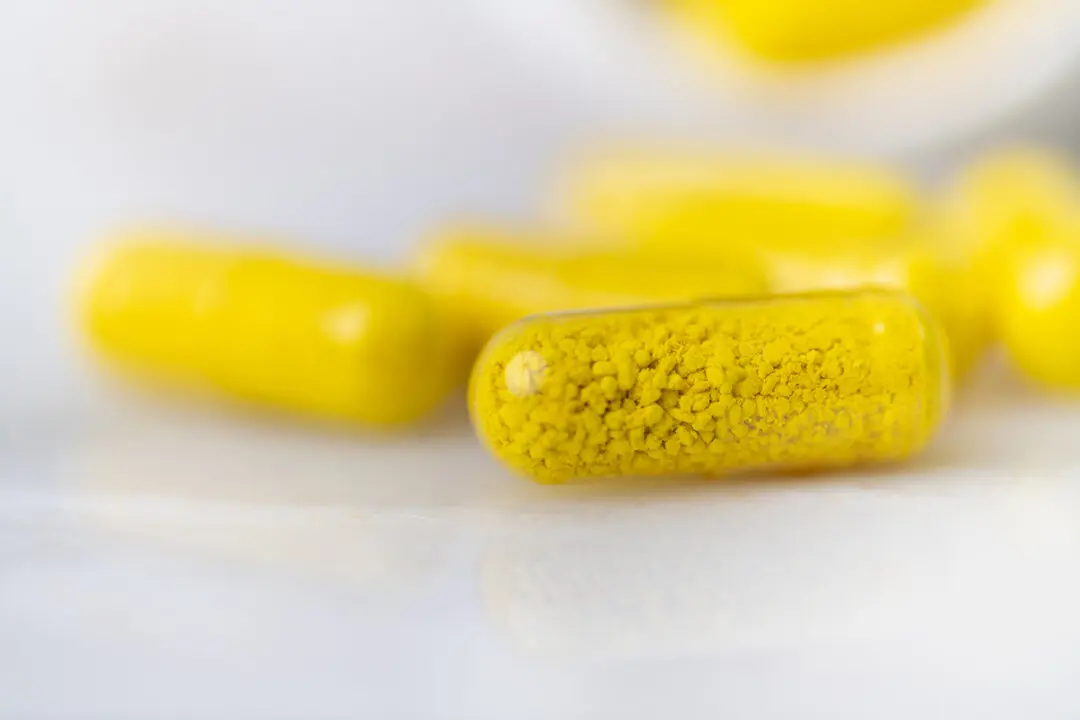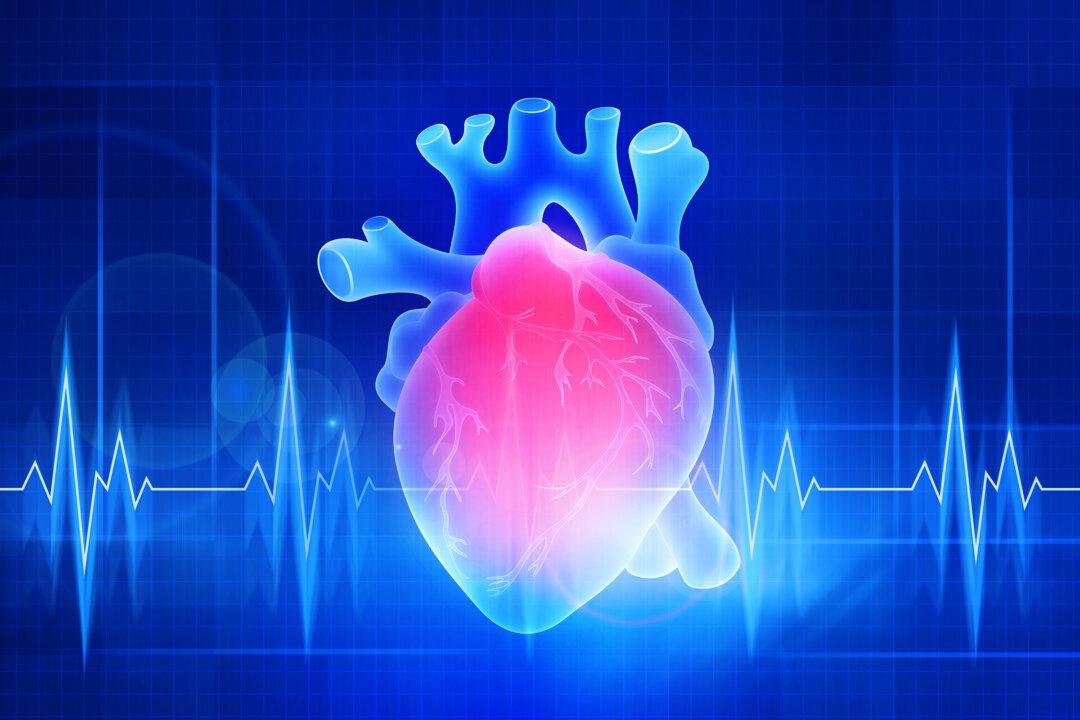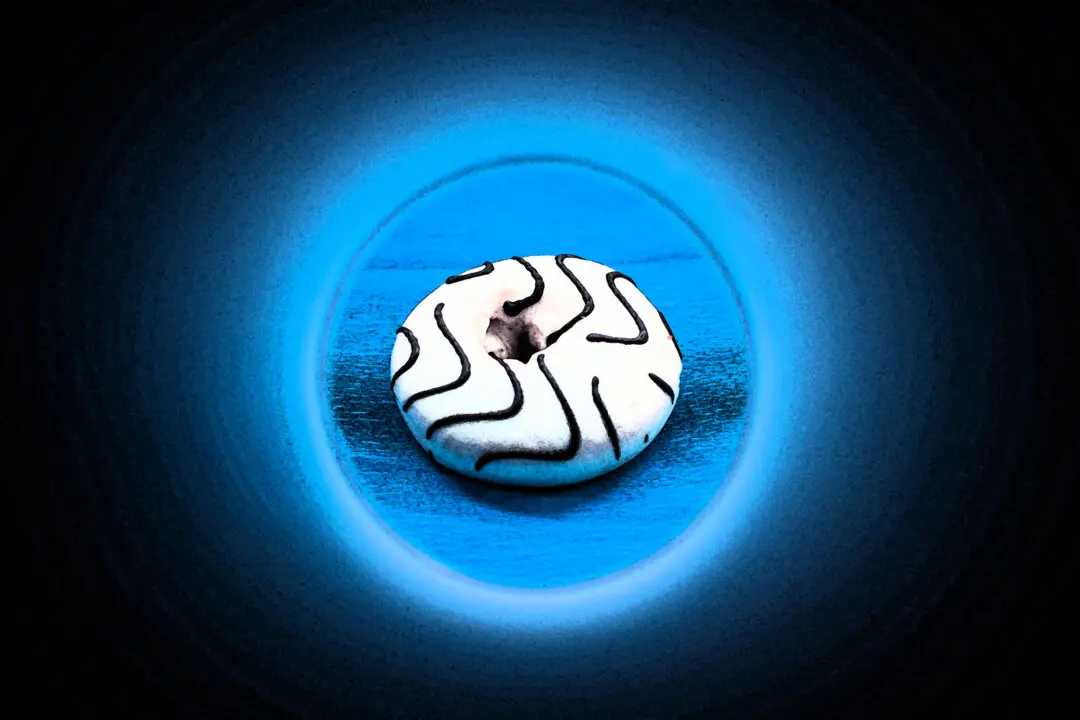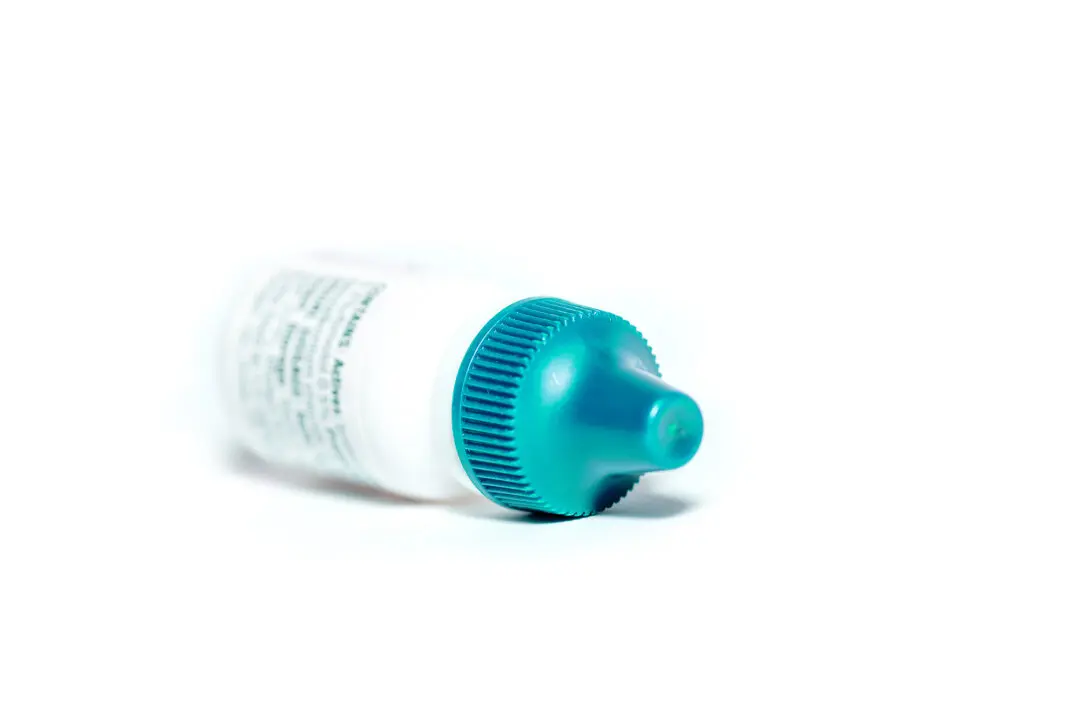On May 28, 1943, Lt. Louis Zamperini’s plane crashed into the Pacific Ocean while he and his crew were on a search and rescue mission to find other U.S. servicemen fighting in World War II.
For 47 days, Zamperini drifted in the Pacific on a life raft with no supplies, surviving on fish that he caught and rainwater. On day 47, Zamperini was captured by Japanese forces and taken as a prisoner of war. He spent more than two years being interrogated, tortured, and fed a near-starvation diet that caused him to lose half his body weight.






